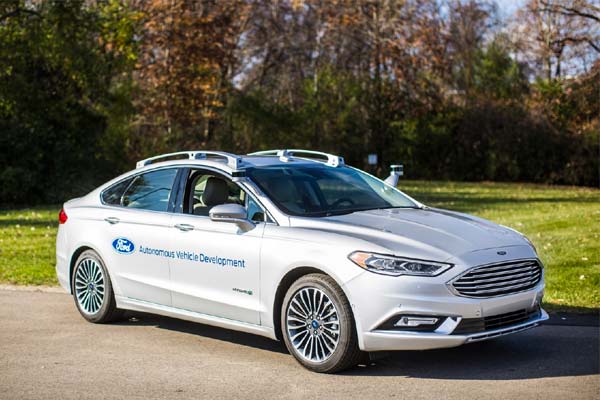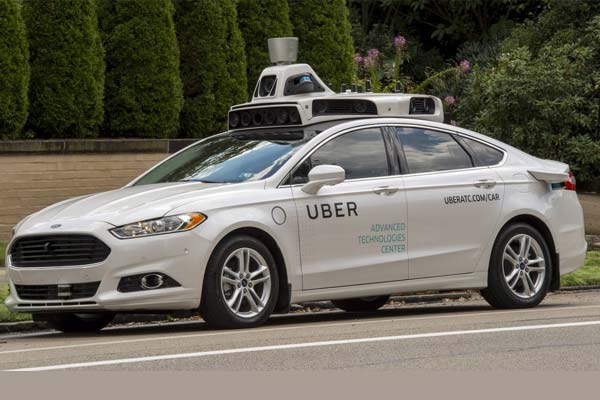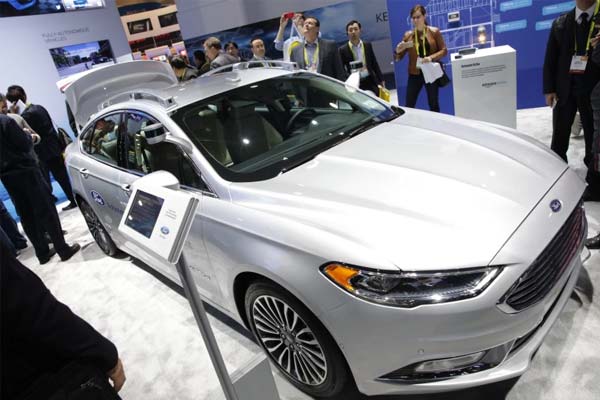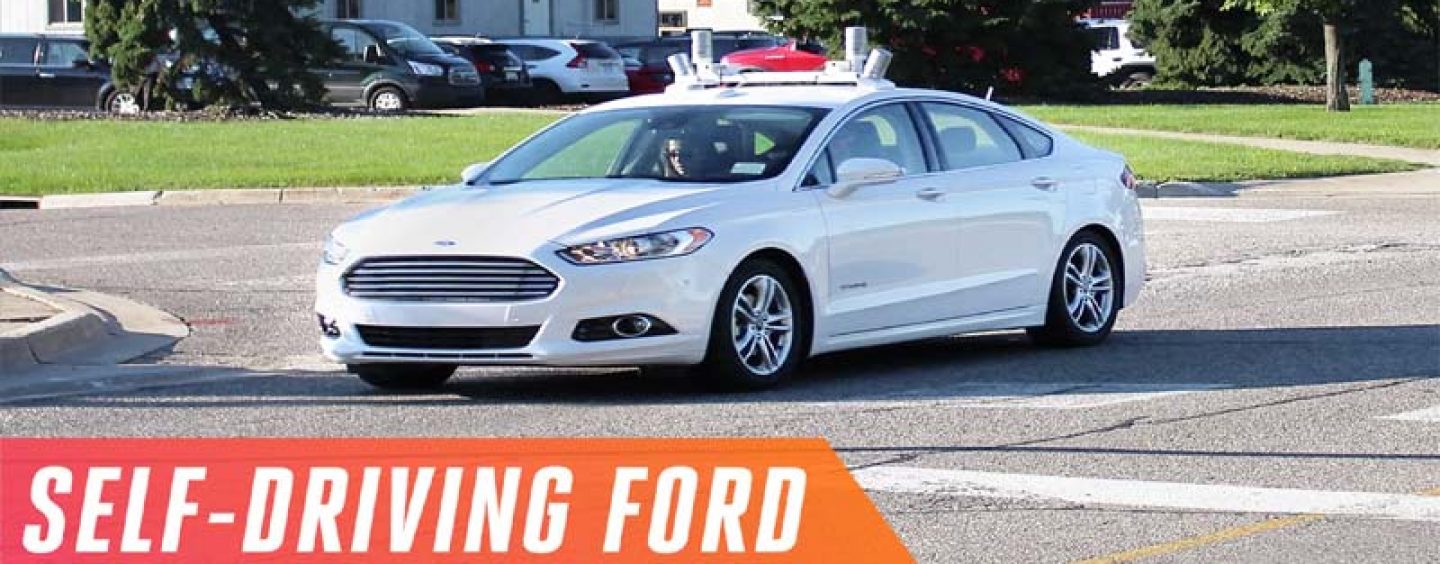Navigant has been carrying out an independent research and has concluded that Ford is the leading manufacturer of driverless cars. The American based car manufacturer has beaten other high profile competitors in the industry including Tesla, GM, Volkswagen, Renault, and Google. Navigant ranked Ford the best in terms of execution and autonomous technology strategies. Human error has always been considered as the leading cause of traffic injuries, fatalities and congestion. However, with the recent developments in sensory technology and computational systems architecture, autonomous vehicles are the only hope to reducing these accidently dramatically.
Ford: The Auto Company to Watch
The recent independent ratings by Navigant could be used to determine the auto-company to watch when it comes to making driverless cars a reality. The new ratings by Navigant are based upon about 10 criteria such as production strategy, go-to-market strategy, staying in power, product capability and technology. All these help to find out the execution used by the auto-companies as well as strategy efficiency to make driverless vehicles a reality.
Ford Company has been manufacturing vehicles for approximately 113 years. Also, it has exhibited an impressive investment in the autonomous tech. Since 2013, the company has been testing a fleet of Hybrid Fusion autonomous vehicles on public roads and tracks. More importantly, a lot of other development strategies have confirmed Ford’s automation plans.

Note that Ford is a key stakeholder in AI Argo, which is a company that aims at developing and deploying the latest computer vision and artificial intelligence advances. The company is based in Pittsburg. Over the coming 5 years, it is speculated that the investments of Ford in the firm will increase up to $1 billion. This will help the company realize its goal to provide customers with fully autonomous vehicles come 2021.
Other Companies
The 2021 plan is committed to using autonomous cars especially in mobility services including ride-sharing platforms. The company’s Smart Mobility LLC is committed to the commercialization strategy and most importantly, the capability of cars in this process. This includes how vehicles should be operated and managed. It should be remembered that Ford is not the only company working on making the self-driving technology a reality. Other vehicle manufacturers are also looking for ways to avail this tech to commercial situations. For example, Uber has been carrying out autonomous vehicles test in California although its efforts have had many drawbacks.

Also, Google has had its share of self-driving efforts. The company established a separate company to handle self-driving vehicles called Waymo. Waymo’s self-driving efforts have had its share of drawbacks, but it has completed lots of testing on US roads. Tesla has also been testing its autonomous vehicles and its every software updates version has increasingly become autonomous.
General Motors is also focusing on the ride-sharing strategy and is hoping to release its first self-driving car by 2021. It has teamed up with Lyft, a popular ride-sharing company to test Chevrolet Driverless Bolts around the USA next year. Also, the company is testing a fleet of self-driving vehicles in Arizona and California and is planning to extend to Michigan.
The autonomous tech sounds like a great idea, but there still exist significant difficulties in relation to autonomous vehicles’ safety. Note that an autonomous vehicle requires an autonomous car platform, as well as a virtual driver system and the two, should be in a total cohesion with one another. Additionally, several failsafe should be put in place to make sure that a human driver can retake full control in case the steering fails.

According to Ford Motor Company’s, Autonomous Vehicle Development, Chief Program Engineer, Chris Brewer, the virtual driver system acts as the brain. On the other hand, the autonomous vehicle platform serves as the body. The two need to be specially designed to befit a natural system. The autonomous vehicle is created to resemble the human body. This is according to an illustration provided by the Ford Motor Company. The design is created in a manner that allows for functioning as a whole unit instead of separate pieces.
The news that the Ford Motor Company has topped Navigant’s ratings has been received warmly by the company. Ford’s executive vice president, Raj Nair said that the company is working hard to revolutionize the self-driving tech and the recent ratings only confirm that they are doing it right. Nair stressed that the company puts the safety of its customers first and promised great things in future. The executive vice president also added that the company is determined to building a strong business that will enable the self-driving tech to serve the needs of customers better.
Video:
Also See: Self-driving Cars – Find Out More
Conclusion
Ford has been ranked the best because of its advanced testing programs in Arizona, California, and Michigan. Moreover, the company has announced that it has plans to extend its on-road testing programs to Europe by the end of 2017. According to the ratings provided by Navigant, the auto-makers with the most advanced driverless technology are Ford, General Motors, Renault-Nissan Alliance, the Volkswagen Group, Waymo, BMW, Delphi, Volvo/Zenuity/Autoliv and Hyundai Motor Group.





